Exploring ALS Stem Cell Treatment Options in Mexico
Living with Amyotrophic Lateral Sclerosis (ALS), also known as Lou Gehrig's disease, presents immense challenges, and patients and their families often seek out promising new therapies wherever they might be offered. The hope of finding effective treatments has led many to explore options beyond conventional medicine, including regenerative approaches like stem cell therapy. In recent years, Mexico has emerged as a hub for medical tourism, with clinics offering a range of advanced treatments, including stem cell procedures for ALS.
This situation naturally raises many questions for those considering their options: Is it safe? Is it effective? And, most importantly, is it truly available and accessible in Mexico? This comprehensive guide aims to shed light on stem cell treatment for ALS in Mexico, addressing common questions and concerns. We understand that navigating treatment options for a complex condition like ALS can be overwhelming, especially when considering international travel for medical care.
We'll delve into the types of treatments offered, their regulatory status, potential benefits and risks, and what you should consider if you're exploring this path. Our goal is to provide clear, reliable information to help you make informed decisions about your healthcare journey.
Is Stem Cell Treatment for ALS Legally Available in Mexico?
Mexico has a more permissive regulatory environment compared to countries like the United States or Canada, which has allowed clinics to offer stem cell therapies for various conditions, including ALS. This doesn't mean these treatments are without oversight, but rather that the criteria for offering them differ significantly. Many clinics operate under specific licenses for regenerative medicine, which allows them to administer therapies that might still be considered investigational in other nations.
Prospective patients need to understand this distinction. While a treatment may be "legal" in Mexico, it doesn't automatically imply that its efficacy and safety for ALS have been rigorously established through large-scale clinical trials and approved by internationally recognized health authorities. Patients should look for clinics that are transparent about their protocols, safety data, and the evidence supporting their treatments.
What Types of Stem Cells Are Used for ALS Treatment in Mexico?
The landscape of stem cell therapy for ALS in Mexico primarily involves a few types of stem cells, each with distinct characteristics and potential applications. The most frequently utilized are mesenchymal stem cells (MSCs). These cells are multipotent stromal cells that can differentiate into various cell types, including bone, cartilage, muscle, and fat cells, and are known for their immunomodulatory and anti-inflammatory effects. MSCs are favored because they are relatively easy to obtain and expand in culture, and they carry a lower risk of immune rejection compared to other cell types. They are typically sourced from:
- Umbilical Cord Tissue: Considered "young" and potent, with a high proliferative capacity.
- Adipose (Fat) Tissue: Easily harvested from the patient's own body (autologous), reducing rejection risk.
- Bone Marrow: Also autologous, but harvesting can be more invasive.
Some clinics might also offer treatments involving neural stem cells or induced pluripotent stem cells (iPSCs), though these are less common due to the complexities of their isolation, expansion, and administration. The specific type of cell used can significantly influence the procedure, potential risks, and expected outcomes, making it crucial to inquire about the exact cellular product being offered.
What is the Typical Cost of Stem Cell Treatment for ALS in Mexico?
Understanding the financial aspect of ALS stem cell treatment in Mexico is a major consideration for many patients. The costs are not standardized and can fluctuate based on several factors unique to each clinic and patient's treatment plan. These factors include:
- Type of Stem Cells: Autologous (from the patient's own body) versus allogeneic (from a donor) cells can have different processing costs. Umbilical cord-derived cells might be processed differently from adipose-derived cells.
- Number of Cells and Doses: The quantity of stem cells administered and the number of treatment sessions required will directly impact the total cost. Some protocols involve multiple infusions over a period.
- Clinic Reputation and Facilities: More established clinics with state-of-the-art facilities, extensive medical staff, and advanced laboratory capabilities may charge higher fees.
- Included Services: Some packages may include consultations, diagnostic tests, follow-up care, accommodation, and transportation, while others might only cover the procedure itself.
Patients should request a detailed breakdown of all expenses involved, ensuring there are no hidden costs. It is important to note that these treatments are generally not covered by conventional health insurance in the United States or other countries, as they are considered investigational.
How Does Stem Cell Therapy for ALS Work?
The theoretical basis for using stem cell therapy for ALS is centered on their ability to modulate the body's inflammatory response and promote cellular repair. In ALS, motor neurons degenerate, leading to progressive muscle weakness. Stem cells, particularly MSCs, are believed to exert their therapeutic effects through several mechanisms:
- Neuroprotection: They may secrete growth factors and other molecules that help protect existing motor neurons from further damage and death.
- Immunomodulation: ALS involves significant neuroinflammation. MSCs can suppress harmful immune responses and reduce inflammation in the central nervous system, creating a more favorable environment for neuron survival.
- Trophic Support: They can provide essential nutrients and support factors to damaged cells, potentially slowing down the disease progression.
- Angiogenesis: Some stem cells can promote the formation of new blood vessels, improving blood flow and nutrient delivery to affected areas.
It's important to clarify that while stem cells show promise in modulating the disease environment, current therapies are generally not expected to reverse significant motor neuron damage or regenerate lost neurons in ALS. Instead, the focus is often on slowing progression and improving quality of life.
What are the Potential Benefits of Stem Cell Treatment for ALS?
For patients living with ALS, any potential improvement or slowing of disease progression offers significant hope. The reported benefits of stem cell treatment for ALS are often derived from patient testimonials, small observational studies, or preclinical research. These potential benefits include:
- Slowing of Disease Progression: Some patients report a stabilization or slower decline in their motor function and overall disease progression after treatment.
- Improved Quality of Life: This can manifest as better sleep, increased energy levels, reduced muscle spasms, or improved mood, contributing to a better overall quality of life despite the disease.
- Reduced Inflammation: Given the anti-inflammatory properties of MSCs, a reduction in systemic and neuroinflammation is a frequently cited benefit.
- Enhanced Motor Function: While rare, some individuals have reported modest improvements in specific motor functions, such as grip strength or ability to move limbs, though these are typically not dramatic reversals of paralysis.
It is crucial to manage expectations. The outcomes can vary significantly from person to person, and a complete cure for ALS is not currently achieved through stem cell therapy. These treatments should be viewed as potentially supportive or disease-modifying, rather than curative, and their long-term efficacy requires further robust clinical investigation.
Are There Risks or Side Effects Associated with ALS Stem Cell Therapy in Mexico?
While the allure of a new treatment is strong, it's essential to be fully aware of the potential risks and side effects. Stem cell therapy, especially when performed in an unregulated or less stringent environment, can pose significant dangers. The risks can be categorized as follows:
- Procedural Risks:
- Infection: Any injection or surgical procedure carries a risk of introducing bacteria or viruses.
- Bleeding or Pain: At the injection or harvesting site.
- Allergic Reaction: To the cells themselves, or to other components in the solution.
- Cell-Specific Risks:
- Immune Rejection: Although less common with autologous (patient's own) or carefully selected allogeneic MSCs, it is still a possibility.
- Tumor Formation (Teratomas): A rare but serious risk, particularly with certain types of pluripotent stem cells if not properly differentiated. This is less common with MSCs.
- Unwanted Differentiation: Stem cells might differentiate into unintended cell types, causing new problems.
- Quality Control Issues:
- Contaminated Cells: If cell processing facilities lack rigorous quality control.
- Inadequate Cell Numbers or Viability: The administered cells may not be viable or numerous enough to have a therapeutic effect.
Before undergoing any treatment, patients should have a thorough discussion with the clinic about the specific risks associated with their chosen protocol, the origin and processing of the cells, and the clinic's safety record.
How Do I Find Reputable Clinics for ALS Stem Cell Treatment in Mexico?
Identifying a trustworthy clinic for ALS stem cell treatment in Mexico is perhaps the most critical step in the entire process. The unregulated nature of some clinics means that thorough due diligence is essential. Here are key factors to consider:
- Accreditations and Certifications: Look for clinics that hold international accreditations (e.g., from Joint Commission International - JCI) or local Mexican health certifications (e.g., COFEPRIS). While not all clinics offering investigational therapies will have all accreditations, these indicate a commitment to quality and safety standards.
- Transparency in Protocols: A reputable clinic will be open about the exact type of stem cells used, their source, the processing methods, the dosage, and the administration route. They should also clearly explain the scientific rationale behind their specific ALS treatment protocol.
- Experienced Medical Team: Inquire about the qualifications and experience of the doctors, surgeons, and scientists involved in the treatment. They should specialize in regenerative medicine or neurology.
- Patient Support and Follow-up: Good clinics offer comprehensive pre-treatment evaluations and post-treatment follow-up care. They should provide clear communication channels for any concerns.
- Beware of Exaggerated Claims: Be extremely cautious of clinics promising "cures" or guaranteed results. Ethical clinics will provide realistic expectations about potential outcomes.
Utilizing a trusted medical tourism facilitator can also be beneficial, as they often vet clinics and can provide unbiased information, helping you navigate the options more safely.
What Should I Consider When Planning Medical Travel to Mexico for ALS Treatment?
Medical travel, especially for a serious condition like ALS, involves a lot more than just booking a procedure. Careful planning is crucial to ensure a smooth and safe experience.
Key considerations include:
| Aspect | Details to Consider |
|---|---|
| Documentation & Visas | Check passport validity and any visa requirements for Mexico based on your nationality. |
| Travel & Accommodation | Book flights and accessible lodging near the clinic. Consider clinics that offer assistance with these arrangements. |
| Travel Insurance | Standard travel insurance may not cover medical tourism. Explore specialized medical travel insurance policies. |
| Companion & Support | It's highly recommended to travel with a companion who can assist you, especially given the progressive nature of ALS. |
| Language & Communication | Ensure the clinic has English-speaking staff or provides reliable translation services. |
| Local Transportation | Plan how you will get to and from the airport and clinic, especially if you require wheelchair accessibility. |
| Contingency Planning | Have a plan for emergencies, unexpected medical issues, or extended stays. |
Communicating openly with your chosen clinic about your specific needs as an ALS patient is crucial for a safe and comfortable trip.
Is Stem Cell Treatment for ALS Approved by Major Health Organizations Globally?
It's important to differentiate between a treatment being "available" and it being "approved" by leading international health regulatory bodies. While various clinics in Mexico and other countries offer stem cell treatments for ALS, these are predominantly considered experimental or investigational therapies. The U.S. Food and Drug Administration (FDA), the European Medicines Agency (EMA), and similar agencies worldwide typically require extensive, multi-phase clinical trials to prove both the safety and efficacy of a treatment before granting full approval for widespread use.
For ALS, while there is ongoing research and clinical trials globally exploring stem cell therapy, a definitive, approved stem cell treatment for the disease has not yet emerged. The treatments offered in Mexico often operate under a different regulatory framework that permits investigational use, but this does not equate to the same level of scientific validation and approval as a standard pharmaceutical drug or medical device. Patients should be aware that participating in such treatments outside of approved clinical trials means accepting a higher degree of uncertainty regarding outcomes and potential risks.
What is the Process for Receiving Stem Cell Treatment for ALS in Mexico?
The journey to receive stem cell treatment for ALS in Mexico generally follows a structured, multi-step process. Understanding these steps can help patients prepare and set expectations.
Here’s a typical overview:
- Initial Consultation & Medical Review:
- Patients usually start with an online or phone consultation with the clinic's medical team.
- You will be asked to provide your complete medical history, including recent diagnostic reports (e.g., MRI, EMG, ALSFRS-R scores), to determine if you are a suitable candidate for their specific ALS stem cell protocol.
- Treatment Plan & Quotation:
- If deemed eligible, the clinic will outline a personalized treatment plan, detailing the type of cells, number of doses, method of administration, duration of stay, and the total cost.
- Travel Arrangements:
- Once you accept the plan, you'll arrange travel to Mexico. Many clinics offer assistance with logistics like airport transfers and accommodation.
- Pre-Treatment Evaluation in Mexico:
- Upon arrival, you'll undergo a thorough in-person medical evaluation, including physical exams, blood tests, and potentially further imaging to confirm your health status before the procedure.
- Stem Cell Administration:
- The stem cells are administered, often through intravenous (IV) infusion, intrathecal (spinal canal) injection, or localized injections, depending on the protocol and the patient's condition. This might occur over one or several days.
- Post-Treatment Care & Follow-up:
- After the procedure, patients receive instructions for post-treatment care.
- The clinic will typically schedule follow-up consultations, either in person or remotely, to monitor progress and address any concerns.
It is crucial to maintain open communication with the clinic at every stage and ensure all your questions are answered before proceeding.
What Medical Tourism Considerations are Unique to ALS Patients Traveling Abroad?
Traveling for medical treatment is a significant undertaking for anyone, but for individuals with ALS, the challenges are amplified due to the progressive nature of the disease. Specialized planning is essential to ensure safety, comfort, and efficacy.
Unique considerations for ALS patients include:
- Mobility Challenges: As ALS progresses, mobility can become severely limited. Patients may require wheelchairs, walkers, or other assistive devices. Ensuring accessible flights, airports, ground transportation, and accommodations is paramount.
- Breathing Support: Some ALS patients may experience respiratory weakness, requiring non-invasive ventilation (e.g., BiPAP) or other breathing assistance. Arrangements must be made for power sources and medical oxygen during travel and at the destination.
- Swallowing Difficulties (Dysphagia): Patients with dysphagia need access to appropriate foods and may require feeding tubes. Dietary restrictions and nutritional support must be communicated to the clinic and accommodation providers.
- Communication Aids: If speech is affected, patients might use communication devices. Ensuring these are compatible with local power outlets and readily available is important.
- Caregiver Support: It is almost always necessary for an ALS patient to travel with a dedicated caregiver who understands their specific needs and can provide continuous support throughout the trip, during clinic visits, and during recovery.
- Emergency Preparedness: Understand how to access emergency medical services in Mexico and ensure the clinic is aware of any specific emergency protocols for ALS.
These considerations highlight the importance of detailed planning and communication with both your treating physicians at home and the Mexican clinic.
Considering your options for medical treatments like ALS stem cell therapy? Let PlacidWay guide you. Explore our network of trusted international clinics and comprehensive medical tourism solutions today to find the care that's right for you.

.png)

.png)


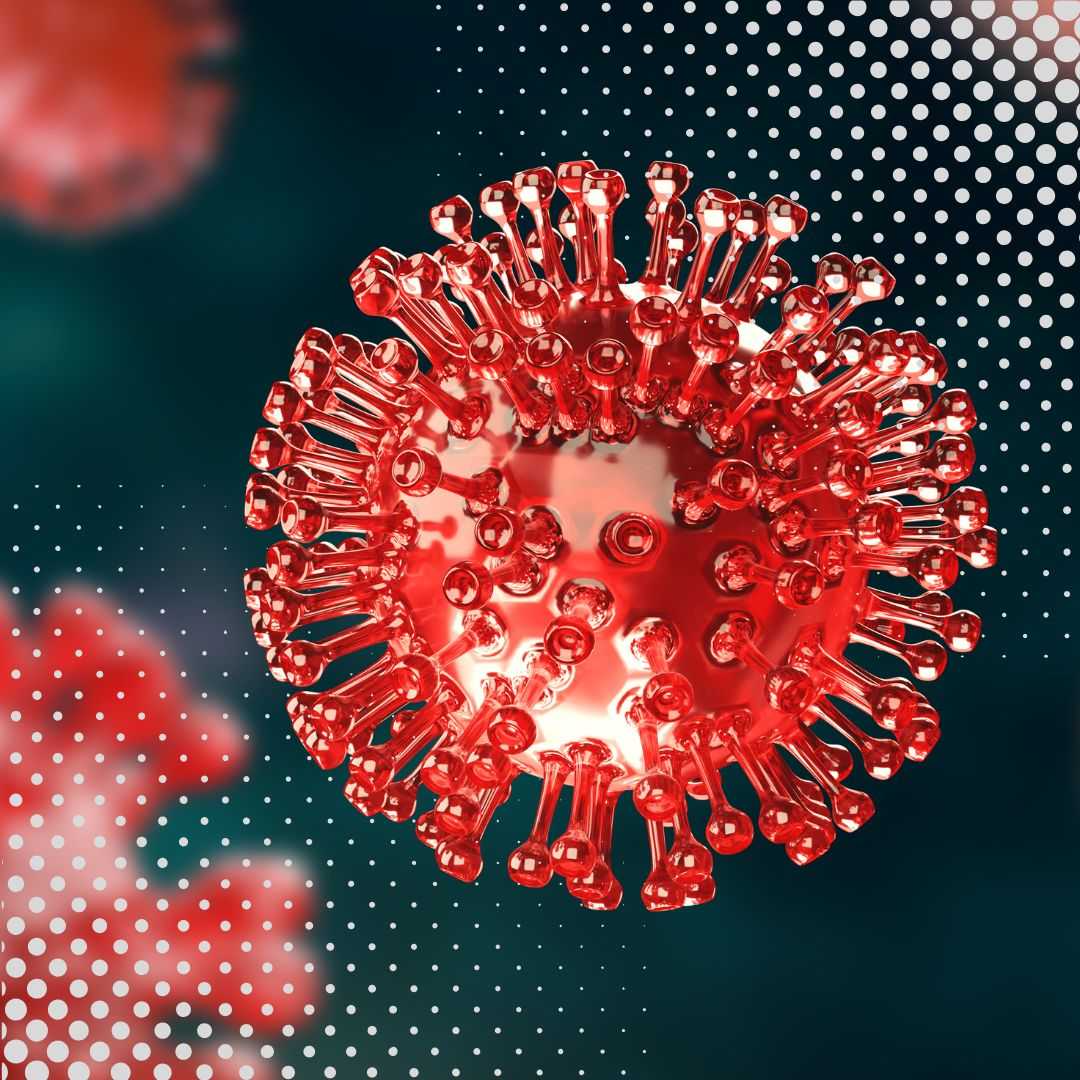


.jpg)
.png)

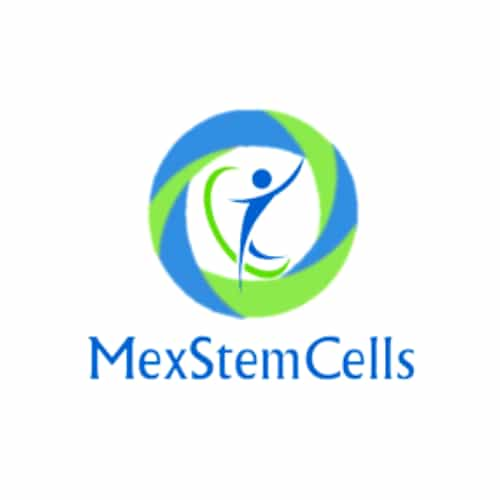
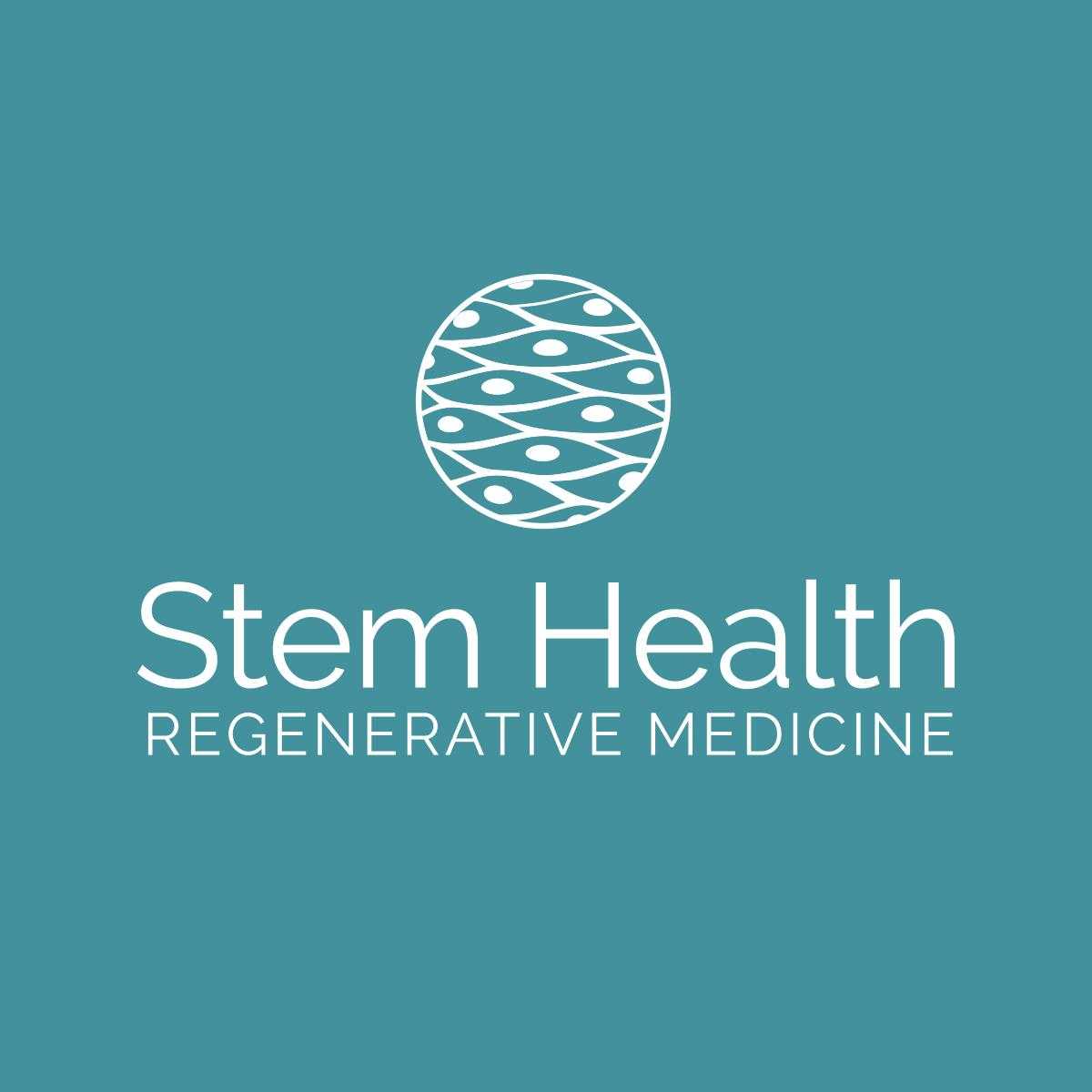
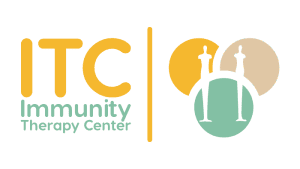
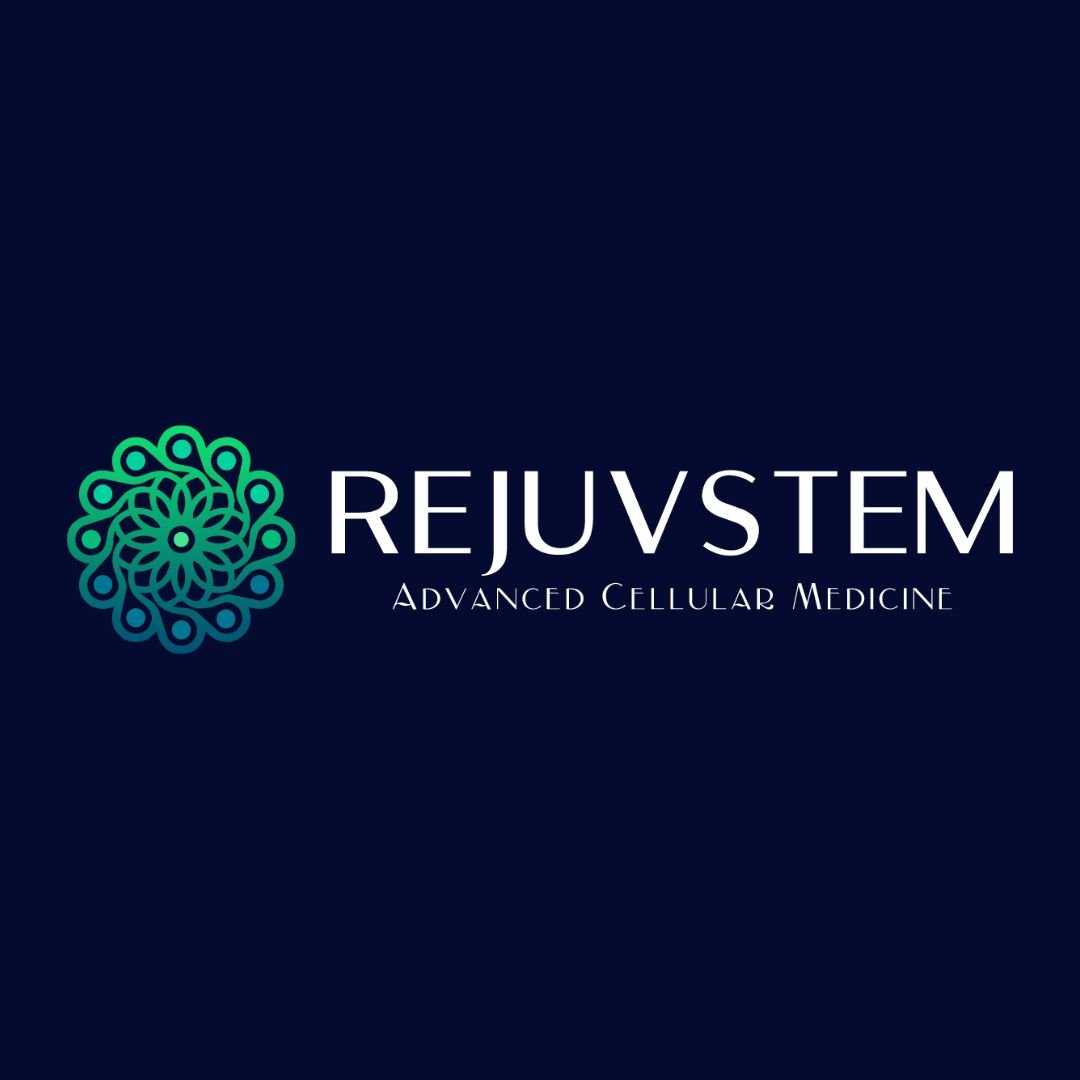
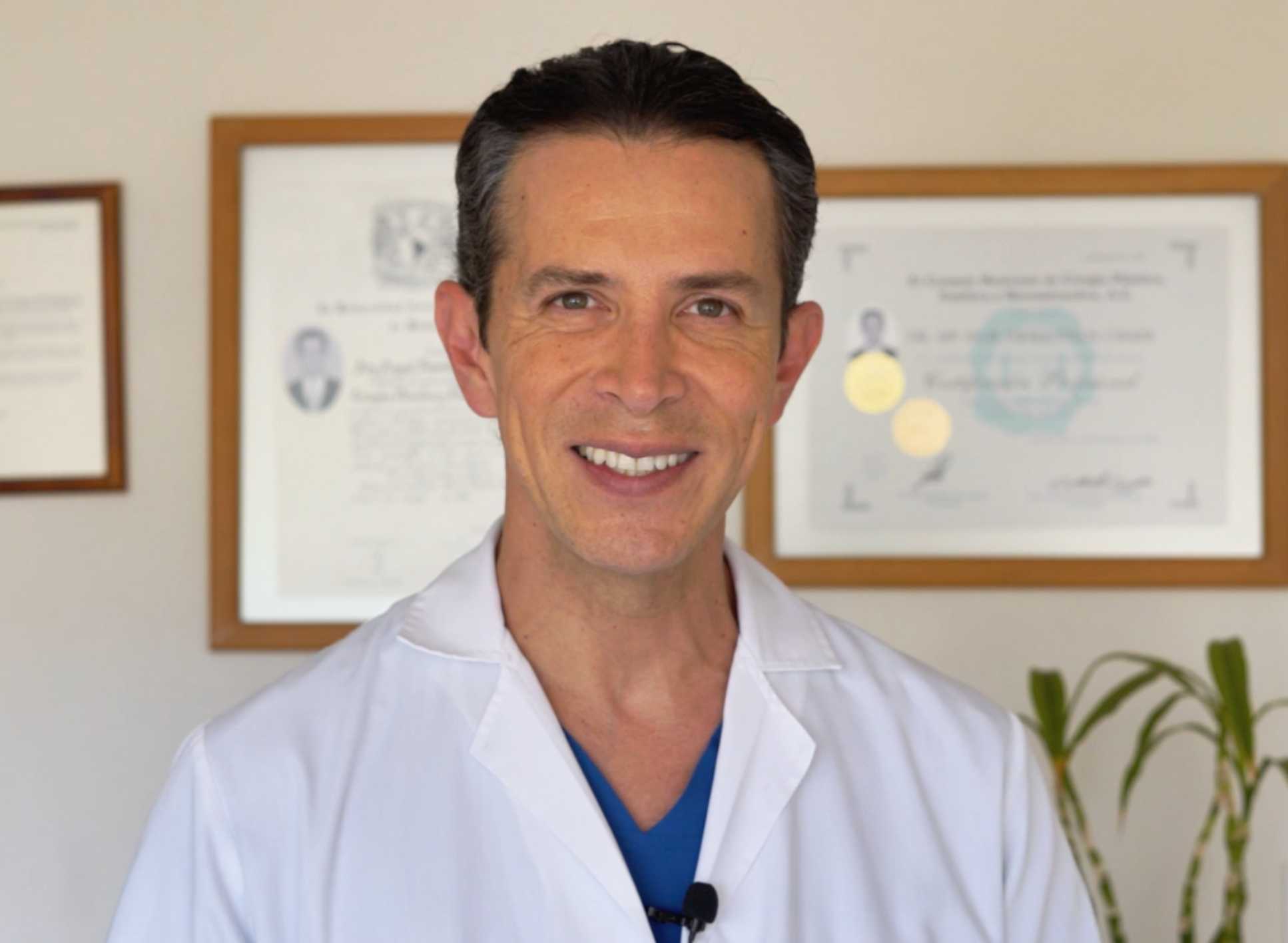

Share this listing